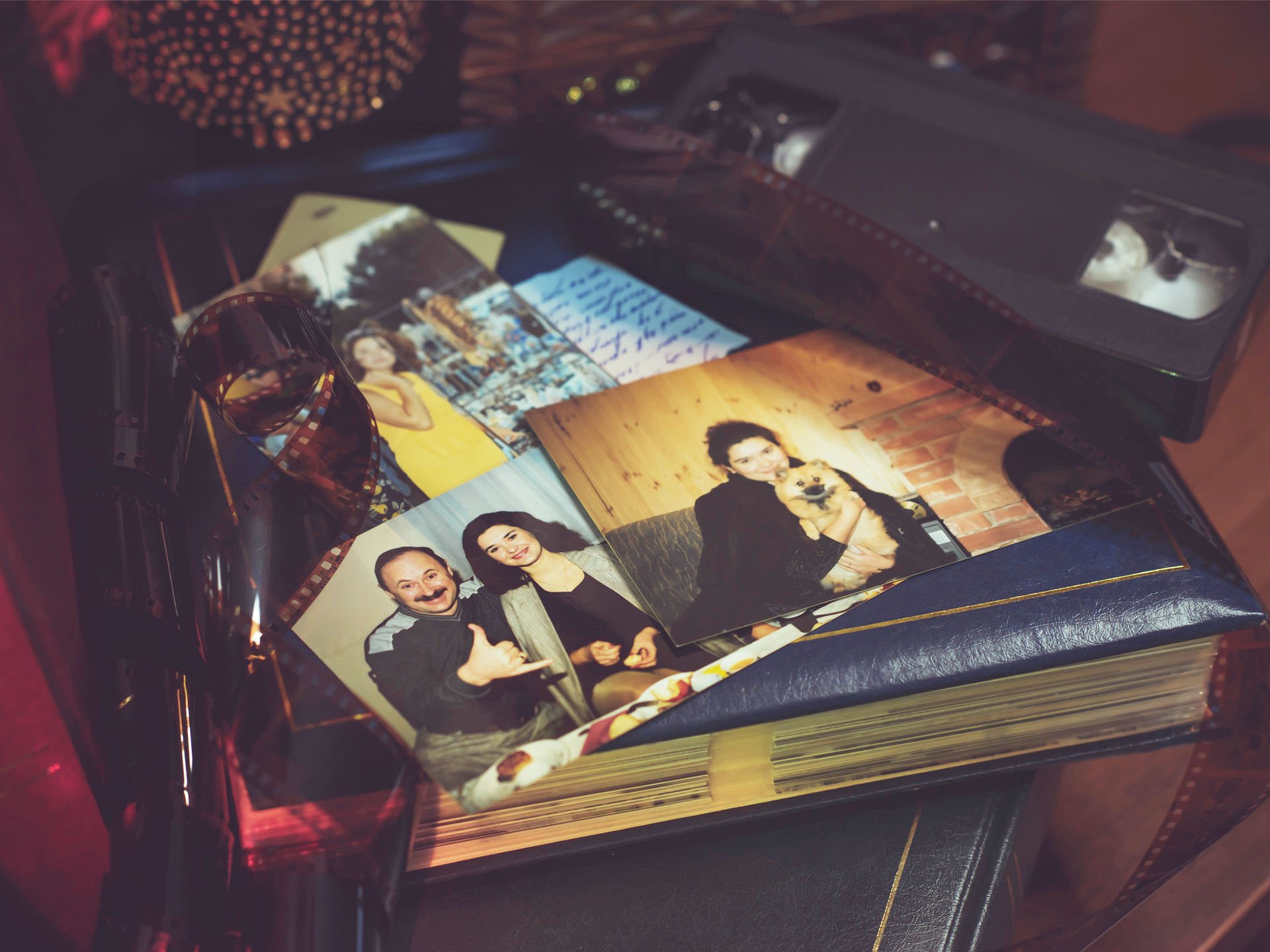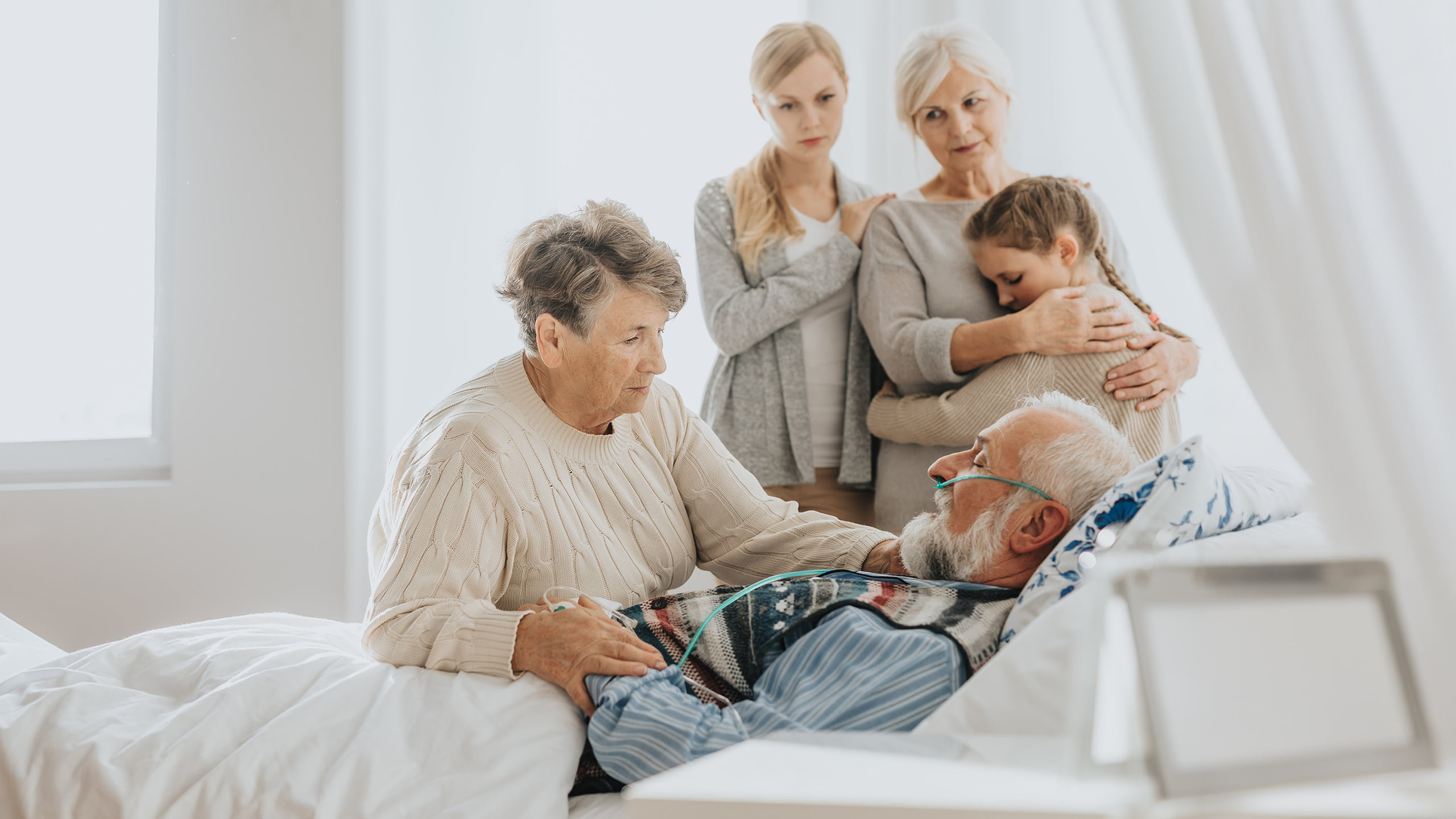The typical process for working with a new client involves, first, meeting for an initial 60-minute complimentary consultation. This meeting will help us determine if we are a good fit for one other and allow me to learn about you and how I can best support your particular situation. This meeting is typically in person though a call or video conference is also possible.
At times, people wonder at what point they should call and engage with an End-of-Life Doula. This is a very individual decision. I would tend to suggest sooner is better. Much of this process involves thinking about and talking through what is (or will be) important to you now and at the end of your life. Experience suggests that, in many ways, we die like we have lived. There can be a peace that comes with being purposeful about and facing into what is ultimately inevitable for all of us. Your process might initially look like us meeting a few times now while you are still healthy and feeling good, and then not again for some months or even years. Thinking about death can result in developing and nurturing a pathway for more meaningful living.
Preparation for Initial Consultation
Think through these questions:
- Do I need help with practical planning for end of life, including paperwork, vigil planning and after-death planning?
- Am I in need of support navigating the medical system, hospice and help hiring caregivers?
- Who are the most important people in my process, my circle of care?
- Could I use some emotional support for me or my loved one(s)?
- What is meaningful and important to me in life and in death (e.g., spirituality, religion, rituals, ceremony, simplicity, being alone or with people, being at home or in care, quality of life vs. quantity of life)?

Advanced Care Planning / Medical Decision-Making
The most likely way to have things go the way you want is to think through, write down, and communicate with the people who will be making this journey with you. This can’t happen in the last minutes with an advanced directive. Preferably, these would be thought out decisions made well ahead and over time. As an End-of-Life Doula, I will help you along that path.
What legacy do you want to leave behind? How would you want your final days and hours to go? Who would you want present? Where would you like to be? What would you want to be sure was in place? What would you want to be sure was said and done? What medical procedures would you want performed and what would you certainly not want to be performed? What is your guiding north star?
Life Review and Legacy Project Planning
What is the story of your life? What does a “completed life” look like? How would you like to be remembered? What legacy do you want to leave behind? What would you like to leave for those left behind to facilitate their remembering of you?


Vigil Planning
Imagine your ideal death. What do you see? Would you want candles to be lit? Would you want to hold a special object or have it placed nearby? Are there certain clothes you want to wear? Do you want someone to brush your hair? Should prayers be said? Do you have special literature or poetry you want to have read to you? Do you want music playing or people singing to you? Who do you want beside you? Who do you want to hold you? Or do you not want to be touched? Who do you want to wash and dress your body after you die?
Let’s make a plan and share it with those who will be with you in the end.
Grief Support
Though in some ways the walk of grief is our own and very personal journey, having someone to walk with and beside you through it can help it feel less lonely and scary. I can be available to support you and your loved ones through the anticipatory grief of your death and then support them after you are gone.

Thoughts on Grief
Grief is not a disorder, a disease, or a sign of weakness. It is an emotional, physical and spiritual necessity, the price you pay for love. The only cure for grief is to grieve.
Rabbi Earl Grollman
Essentially, grief is what we think and feel inside after a loss. Grief isn’t just sadness, of course. Often, it is also feelings of shock, denial, disorganization, confusion anger, fear, and panic. It can include regret and sometimes relief. It may be physical pain and social discomfort. It can be disjointed thinking and spiritual despair. It is physical, cognitive, emotional, social, and spiritual. Grief is all that and more. Mourning, on the other hand, is the expression of those thoughts and feelings outside of ourselves. Mourning is how we heal our grief.
Alan D. Wolfelt, Ph.D
Grief isn’t something to manage efficiently. It’s not an illness. There’s nothing pathological about mourning. Furthermore, anyone who has been torn asunder by loss knows that prior normalcy is never regained. Our very bones and sinews are transformed. We are irrevocably changed after the passing of those we love. How could we not be? Yet our transformation need not be one of devastation. While loss is searing in its pain, it can also lead to a deeper appreciation for life’s fragility and wonder. It can lead to growth. We can grow, not in spite of, but because of grief.
Amy Wright Glenn
Grief is visceral, not reasonable: the howling at the center of grief is raw and real. It is love in its most wild form.
Megan Divine
Don’t turn away. Keep your eye on the bandaged place. That’s where the light enters you.
Rumi
